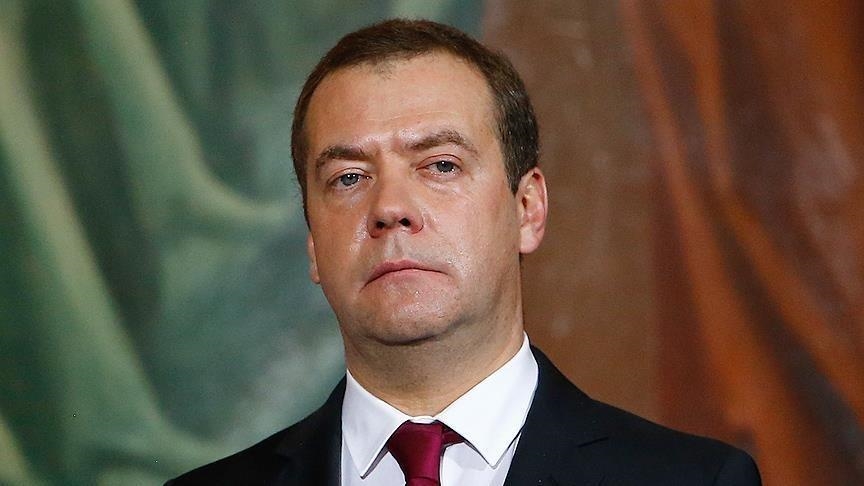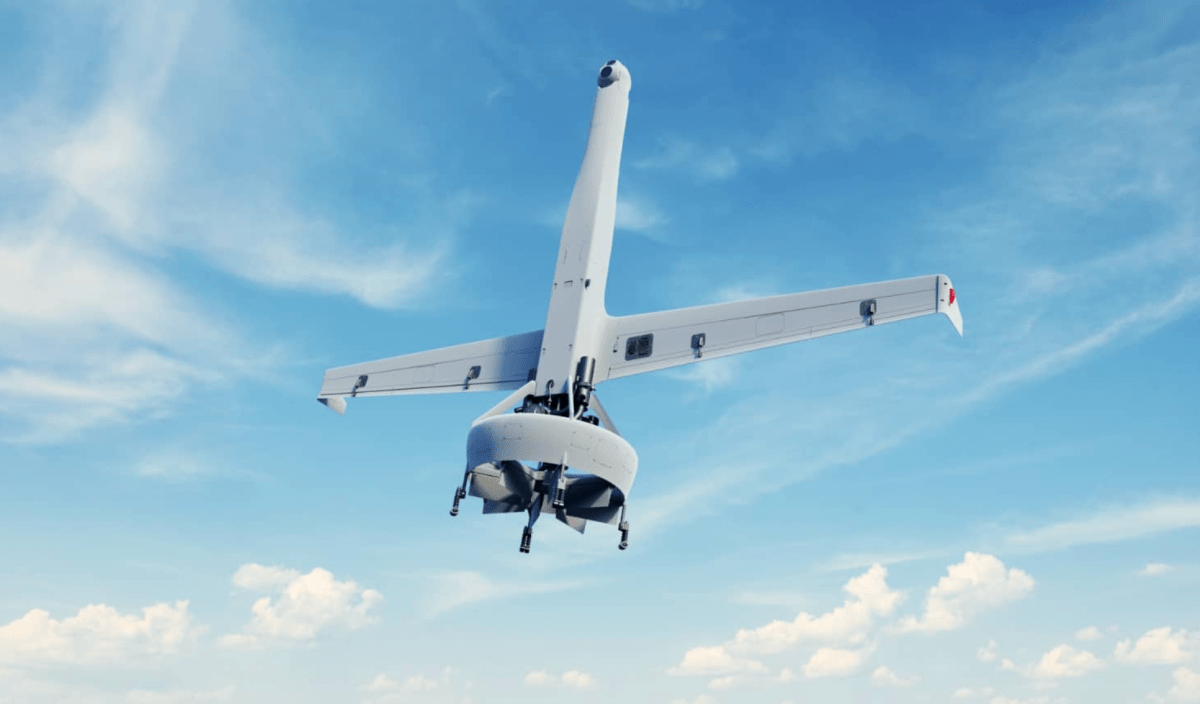Iraq War Boosts Al-Qaeda, Fans Anti-Americanism
"In counter-terrorism terms, the intervention has arguably focused the energies and resources of Al-Qaeda and its followers while diluting those of the global counter-terrorism coalition that appeared so formidable following the Afghanistan intervention in late 2001," said the London-based think tank.
The report pointed to devastating blasts in Morocco, Saudi Arabia and Turkey in 2003 and 2004 as further evidence that anti-U.S. sentiment had soared since the Iraq invasion, reported Agence France-Presse (AFP).
It added that the U.S., which has dominated world affairs since the end of the Cold War, had failed to understand that 9/11 attacks were "a violent reaction to America’s pre-eminence."
The think tank stressed that the superpower should temper "the appearance of American unilateralism", predicting more attacks by Al-Qaeda, possibly even using weapons of mass destruction, against Americans and Europeans.
It also said the deadly train bombings in Madrid in March, the worst terror strike in Europe for more than a decade, showed that Osama Bin Laden’s terror network "had fully reconstituted".
Critical Failure
Another legacy of the invasion was what the IISS termed a highly questionable recourse to pre-emptive strikes as a means of counter-proliferation, as well as "the uses and abuses of intelligence as a basis for military action".
The IISS said the failure to find the alleged weapons of mass destruction in Iraq "reflected a critical failure of intelligence that has compromised the credibility of the global counter-terrorism coalition".
David Kay, the head of the 1,400-member Iraq Survey Group which has been searching Iraq for alleged WMD, had resigned over failure to find any truce of such weapons after the invasion.
It IISS cited U.S. Secretary of State Colin Powell’s display of technical intelligence – communications intercepts and satellite imagery – to prove that Iraq had such weapons in the run-up to the invasion and cautioned against such "increasingly complex" and "ambiguous" types of information collection.
But it IISS equally slammed bad human intelligence provided by then-Iraqi exile and now member of the U.S.-backed Iraq’s Governing Council Ahmed Chalabi, as not coming from an objective source.
Instead, the report advocated "closer and more effective integration of technical and human intelligence collection" as a priority in U.S. anti-terror efforts.
Human intelligence, it stressed, "will remain critical to U.S. counter-terrorism and non-proliferation efforts, but will require considerable additional effort to keep up with the new challenges that new targets present."
"It remains unclear whether existing American intelligence organizations… can address these issues effectively," maintained the report, as it urged the U.S. administration to learn from its European partners.
It warned that Washington would have a hard time restoring order in embattled Iraq and stressed that the conflict had brought a political split between the United States and its continental European allies, leaving Britain stuck in the middle.
However, the IISS argued that since the invasion arms proliferation and state-sponsored terrorism has dwindled, with Libya giving up its unconventional weapons programs and Syria becoming "less provocative".
Stalinist North Korea’s secret nuclear program was somehow contained thanks to a negotiating process while Iran agreed to cooperate with the International Atomic Energy Agency over its nuclear activities, it argued.



